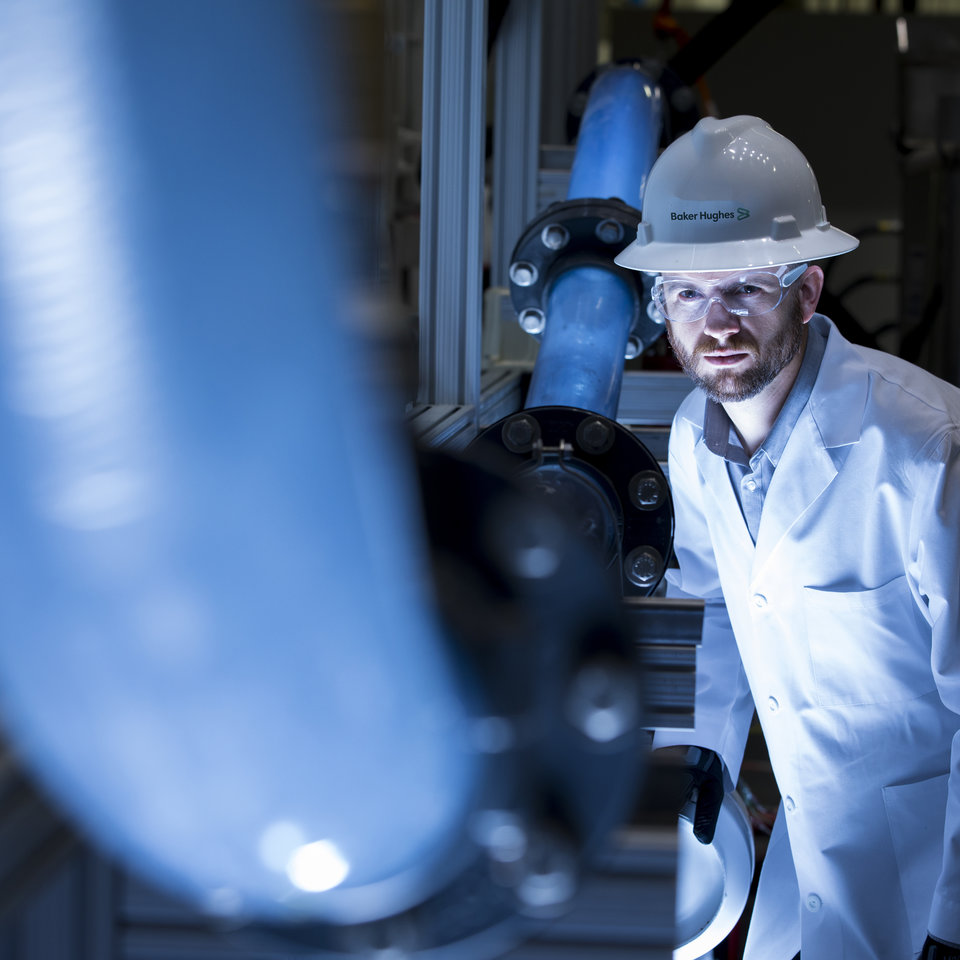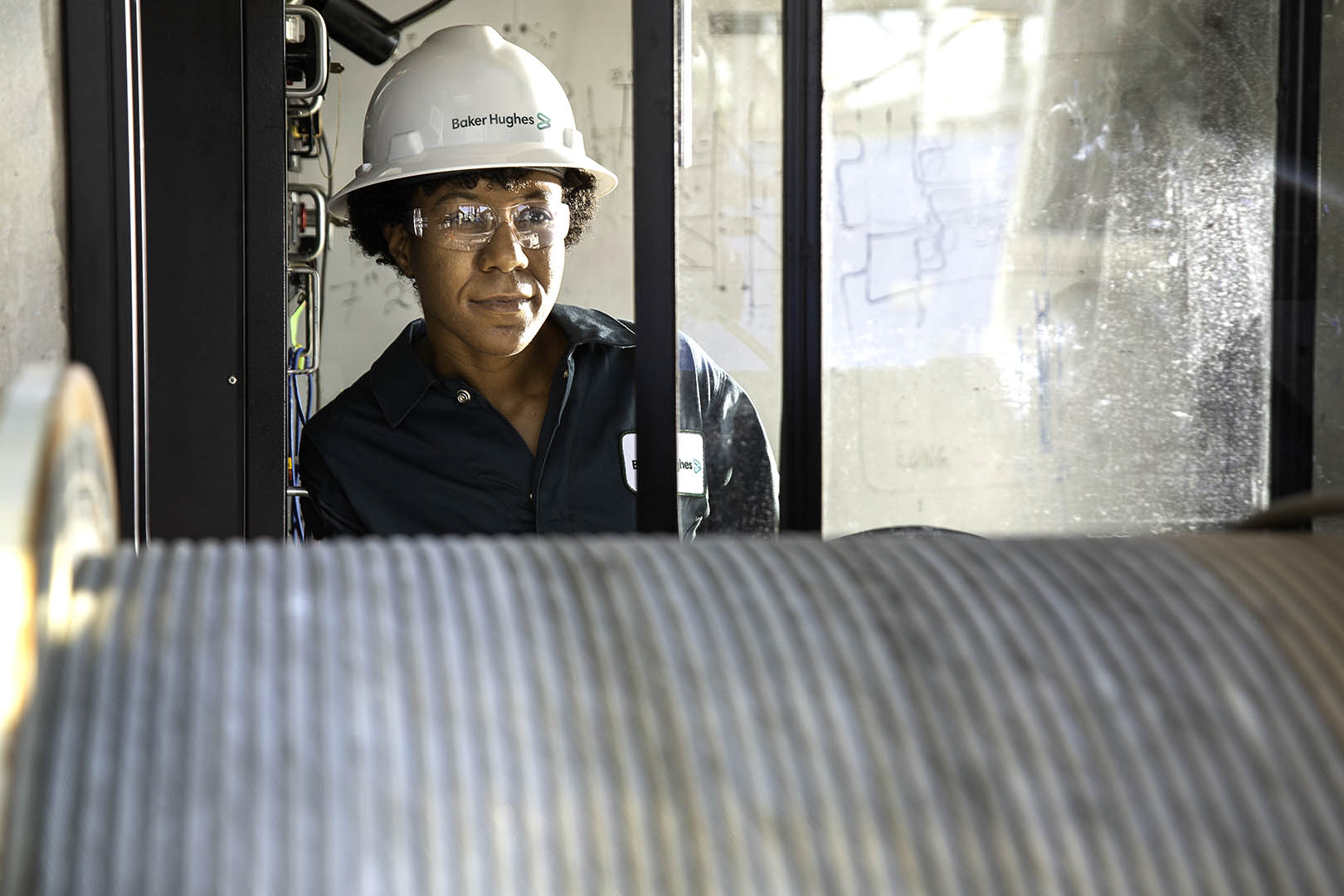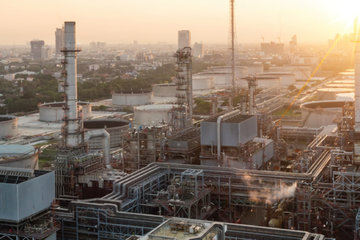
Understanding the dynamics of carbon storage
While global capacity for storage is plentiful, it is not evenly distributed. For example, the Global CCS Institute estimates that storage capacity of 205,000 Mt CO2, two-thirds of current global capacity, is in the United States. The uneven distribution of capacity may actually have some advantages. Successful storage requires subsurface characterization, which already exists in depleted reservoirs in the United States. Learn more about these dynamics in our Feature Report.

We're bringing our best to CCUS
Safe underground CO2 storage requires a deep understanding of subsurface chemistry, regional distress profiles, and preexisting faults and fractures.
As a pioneer in drilling carbon storage wells, our integrated approach to well design, drilling, completions, and well construction simplifies the development of CCS facilities and translates our expertise in reservoir dynamics into the development of safe and reliable storage sites.
Leveraging decades of expertise in reservoir dynamics to enable safe and reliable solutions

We work closely with our customers to help optimize their well operations with proven, comprehensive project management, service, and support.
- Reservoir feasibility and design
- Digital field planning and optimization
- Complex well design and construction
- Integrated well services

Ensuring the long-term integrity of carbon storage reservoirs is paramount. It's important to build peace of mind into CCS operations through well integrity management, effective closure techniques, ongoing monitoring, and critical asset protection.
- Well closure services
- Microseismic expertise and monitoring services
- Continuous aerial surface monitoring
- Condition monitoring and machine protection of critical assets
- Well integrity and health management
- Site stewardship
Baker Hughes-Horisont Energy groundbreaking offshore Barents Sea CCTS project

This groundbreaking MoU will jointly explore development and integration of technologies for the Polaris carbon storage project in Norway and collaborate on new processes and technologies across the CCTS value chain for the energy industry.
Horisont Energi's Polaris offshore carbon storage facility is part of its “Barents Blue” project, which is the first global and full-scale carbon neutral “blue” ammonia production plant. The Polaris project is expected to have a total carbon storage capacity in excess of 100 million tons, which is equivalent to twice Norway’s annual greenhouse gas emissions.
As part of its overall goals, Polaris aims to have the lowest carbon storage cost globally, paving the way for profitable CCTS facilities that are not reliant on government support schemes.
News and resources
While significant progress is being made, the industry needs to see a strong business case for CCUS. In addition to developing policies that promote investment in CCUS, DOE is investigating new ways to extract an economic benefit or additional value from capture CO2.





